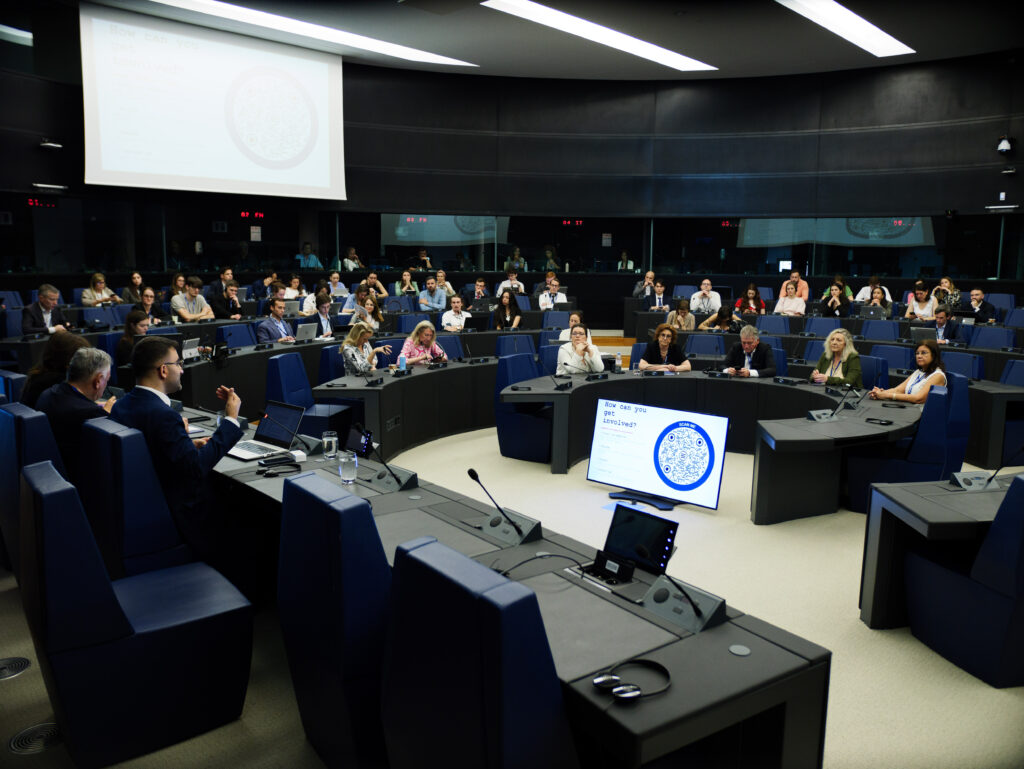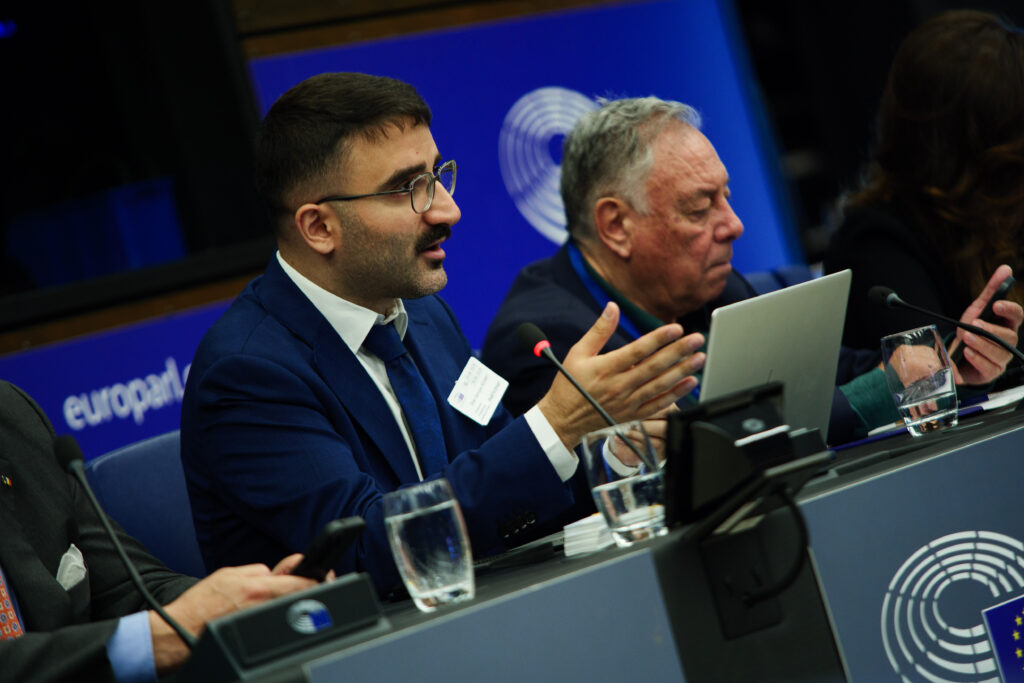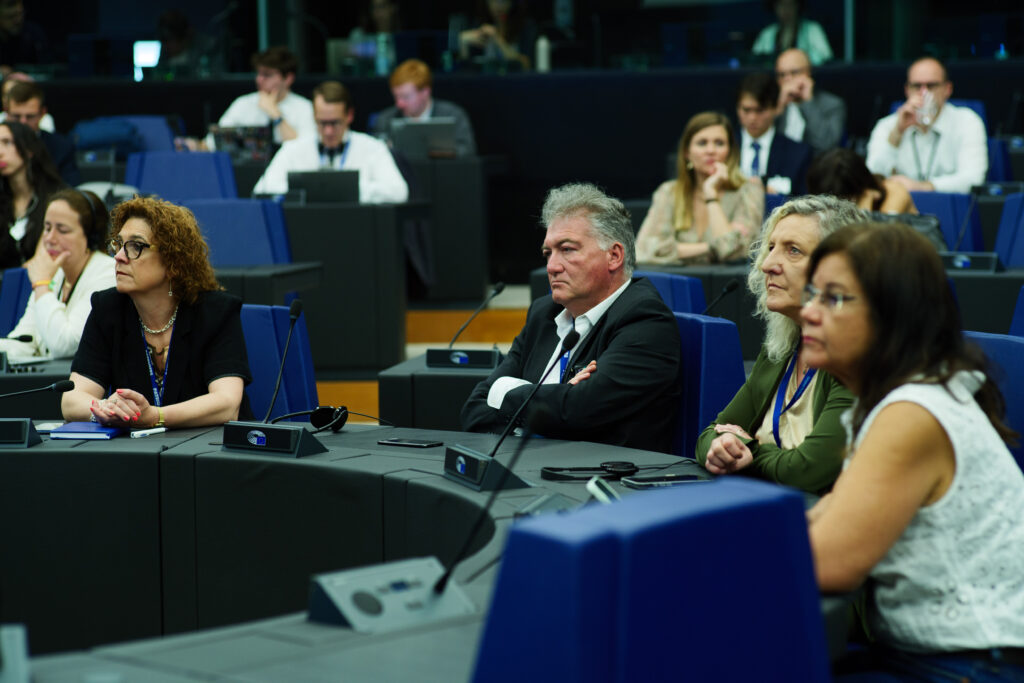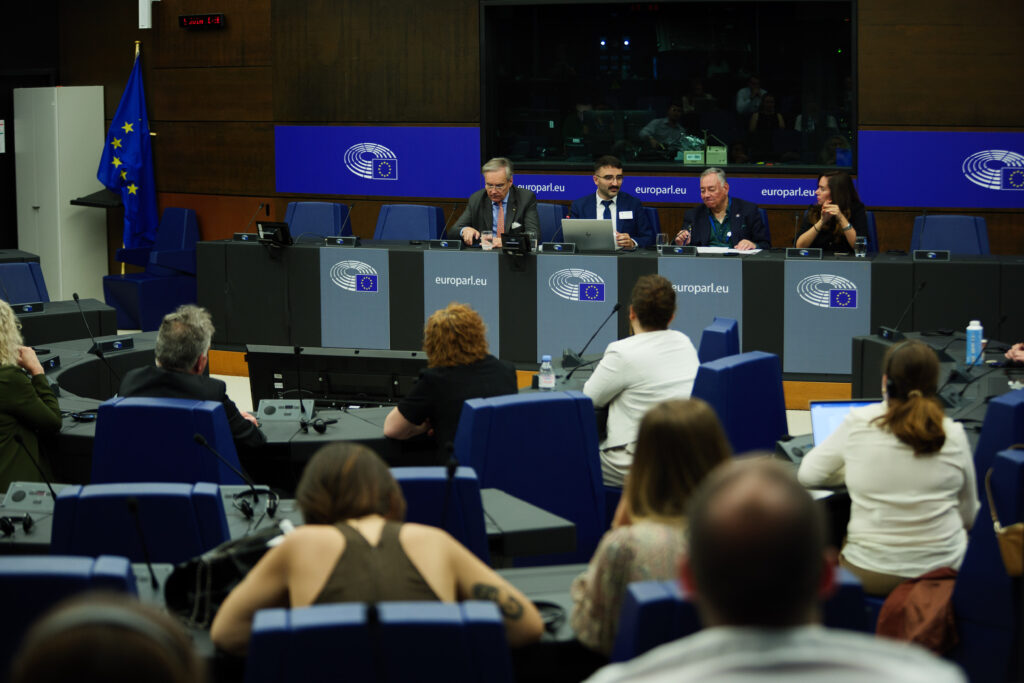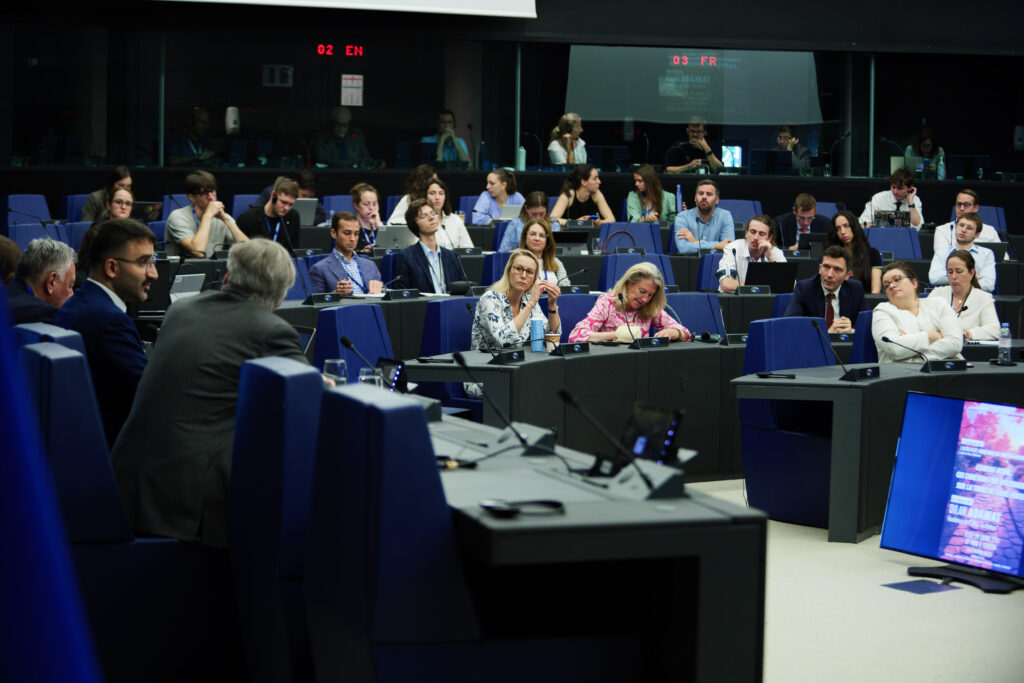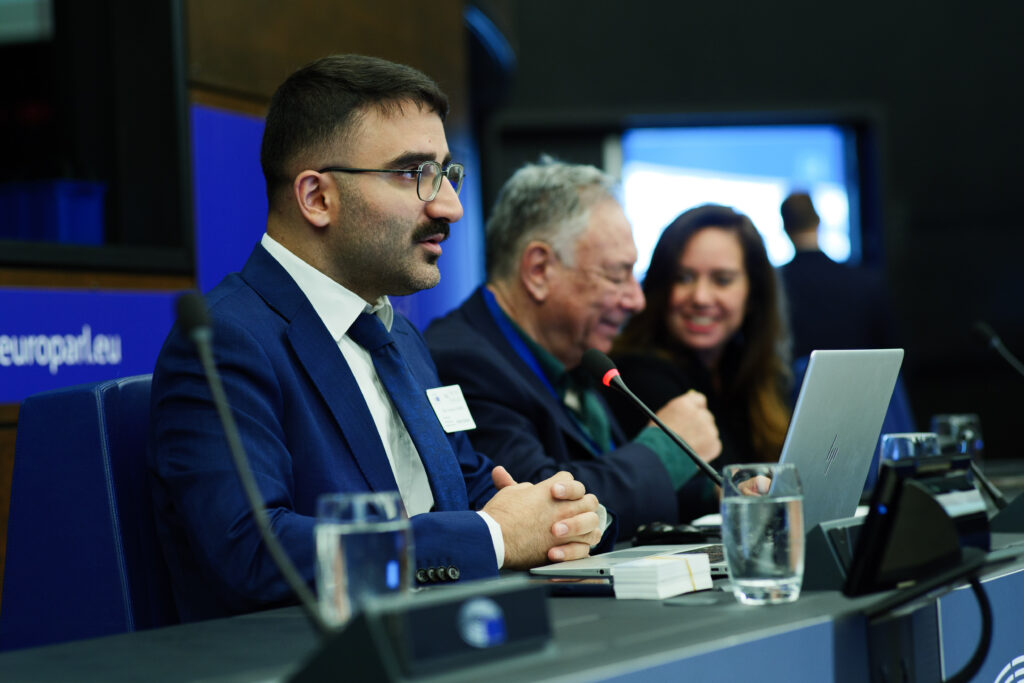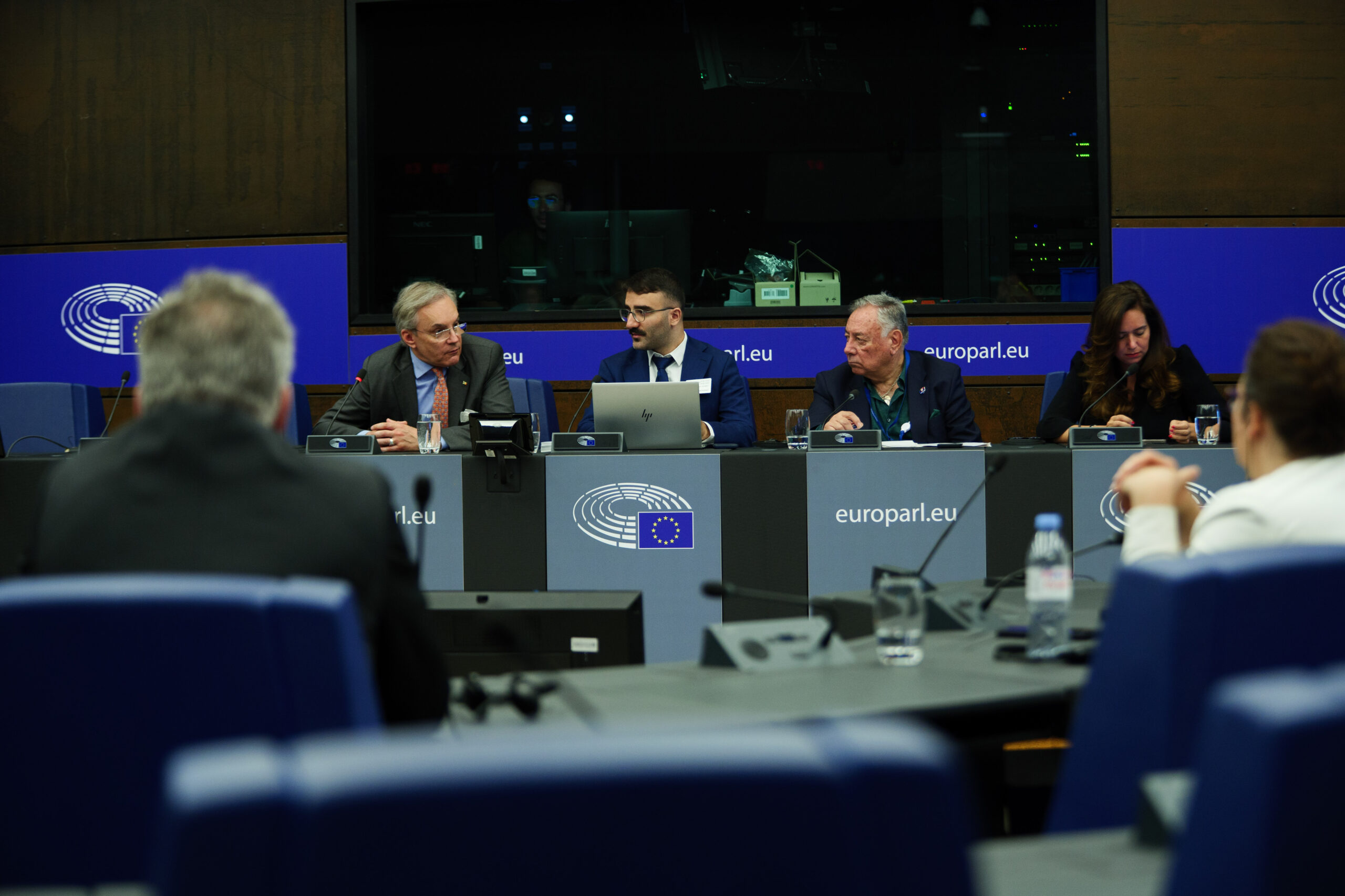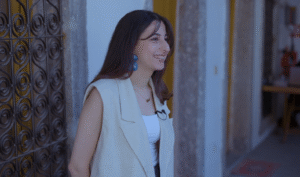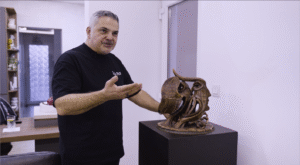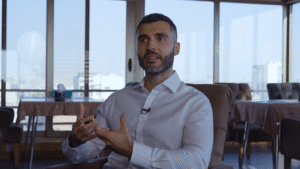On June 19, 2025, Dilan Adamat, founder of the NGO The Return • ܕܥܪܬܐ • العودة, addressed the European Parliament in Strasbourg at the invitation of the Intergroup on Christians in the Middle East. His intervention shed light on the urgent and often overlooked situation of Iraq’s Christian community, and the need to support their return to their homeland.
During his speech, Adamat emphasized that Iraq’s Christians are not merely a religious group, but an indigenous ethnic community, the Assyrian-Chaldean-Syriacs, who, in large part, still speak Aramaic, the language of Jesus. “Our disappearance would not just be a demographic shift,” he stated, “but the end of a civilisation rooted in millennia of history.“
He went on to detail the specific hardships faced by his community, including insecurity, marginalisation, and exile, challenges made worse by broader national issues such as the collapse of public services and the monopolisation of power and wealth. “What we face is not only persecution,” he noted, “but also the same systemic decay affecting all Iraqis.”
Highlighting a staggering statistic, Adamat reminded the audience that 90% of Iraq’s Christians now live in the diaspora, having fled decades of war, instability, and persecution. He called for strong and tangible support for those who wish to return, not only as a moral responsibility, but as a crucial step in preserving Iraq’s diverse cultural heritage.
Adamat also presented the work of The Return, which assists Christians in their journey back to Iraq. From legal and administrative assistance to housing and employment support, the NGO plays a central role in rebuilding the conditions necessary for long-term resettlement.
Finally, he stressed the importance of diplomatic engagement and international cooperation. Public officials, he argued, have a key role to play in shaping policies that include and protect minorities, and in creating frameworks that enable return, reintegration, and civil equality.
The intervention was met with warm support from members of the European Parliament and attending delegates. It served as a powerful reminder of the resilience of the Assyrian-Chaldean-Syriac community, and the need for Europe to stand by them not only in words, but through action.
